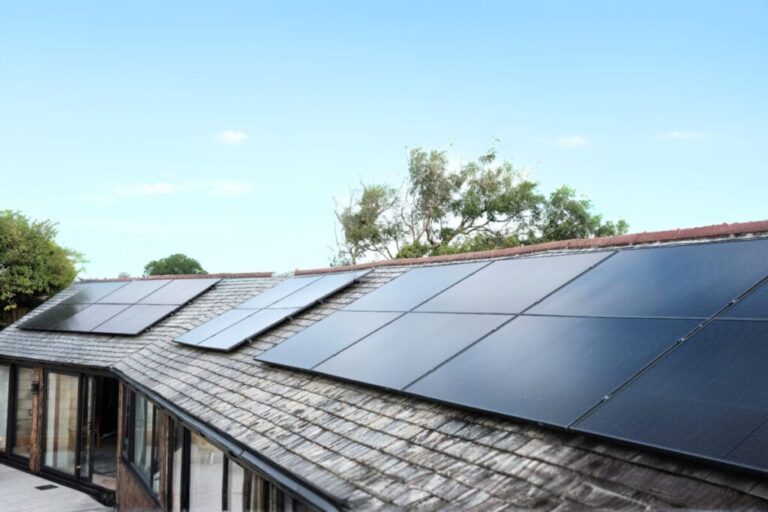The microgeneneration certification scheme (MCS) has reported that January 2025 was a record month, partly due to an increase in the installations of home batteries.
Installations of the battery storage system saw the strongest month in the history of the schedule, with more than 2,600 home batteries installed in January 2025. This marks an increase of 176% compared to January 2024, whereby 348 certified installations took place.
The MCS, which certifies renewable energy products and installers, currently has registered 2,034 certified battery installers in the books, almost double the number registered in January of 2024.
In addition, a total of 15,496 solar installations took place in January 2025, an increase of 16.5% compared to the 13,298 installations completed in January 2024. The MCS currently has registered 4,066 certified solar contractors, 14.7% more than in January 2024.
Between January 2024 and January 2025, 200,010 PV installations for home solar energy were carried out, as well as 22,667 storage systems for home batteries. The increasing popularity of solar installations can be attributed to falling costs, with the average costs of a house sun installation that falls from an average of £ 9,238 in January to £ 7,561 in December and the average of the year at £ 8,198. Battery storage has grown in popularity – installations in the home battery in 2024 numbered on the number of installations in 2023.
The future of British solar energy
According to research by Solar Media Market Researchs, the UK is expected to add new solar capacity in 2025 between 3 GW and 3.5 GW. Approximately 20% of the 2.3 GW that was used more than 2024 came from residential roof installations, with commercial roof installations that contribute another 20%, by 10% years after year. Residential solar installations on the roof have seen a meteorical increase in recent years and grew 200% between 2022 and 2023.
Gareth Simkins, senior communication consultant for Solar Energy UK, fourth 2024 as one of the best years ever for the solar industry, in particular the prices of the expansion of permitted development rights for almost all solar installations in Scotland, as well as identifying Clean Power 2030 plan. From the need for another 9 GW of solar capacity on the roof by 2030 to achieve goals for carbon.
However, Solar Energy Scotland started the year by criticizing the plans to reform the net to make a greater recording of solar-solar energy possible, which states that Scotland will not benefit from the plans, because the arrangement of the Scottish Roast does not allow the transmission to expand infrastructure assessment (TIA) thresholds.


